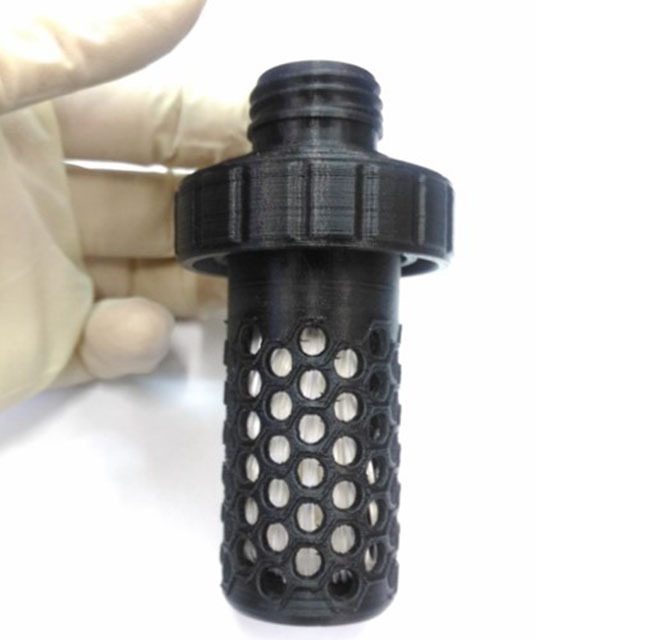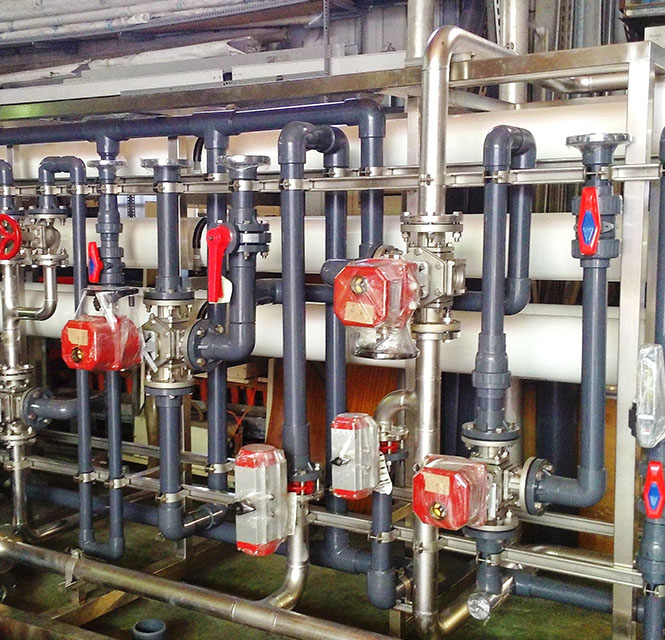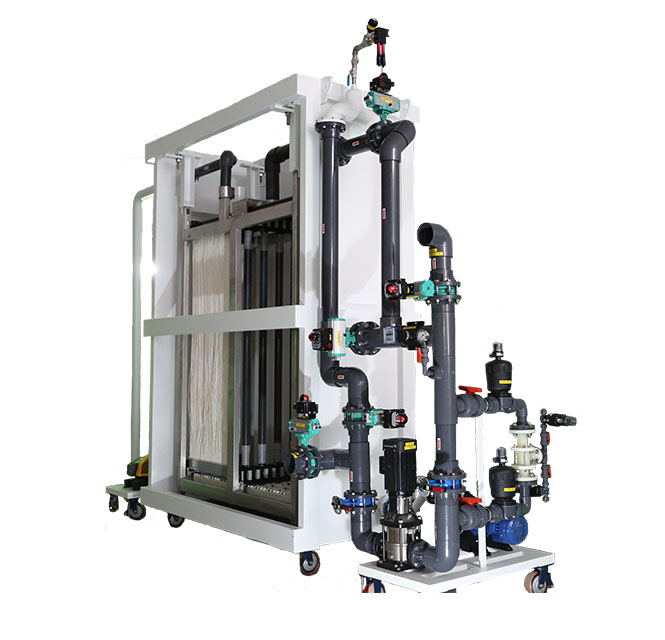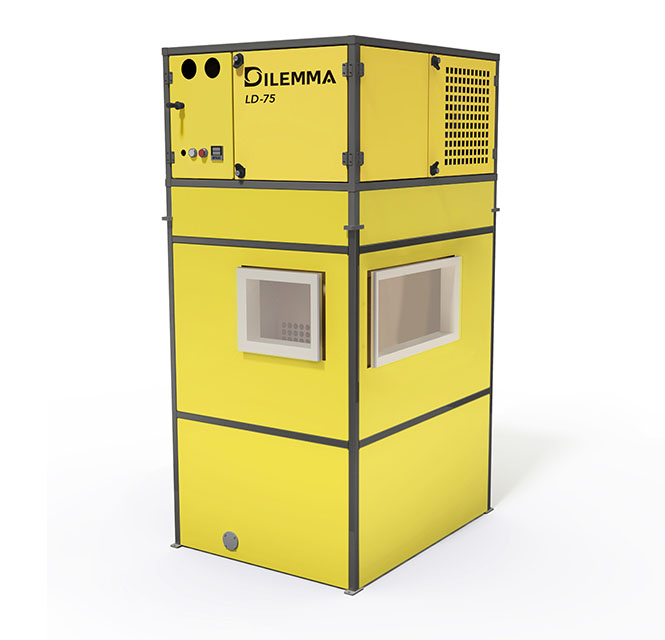
Sep. 24-26, 2020
TWTC Hall 1
Circulation, Recycling, Smart Water Technology
Creation of Zero-waste Circular Economy
Creation of Zero-waste Circular Economy
RIDE
THE WAVE OF
SUSTAINABILITY
THE WAVE OF
SUSTAINABILITY
Indicator Factories X Creative Teams Gather Together
To Explore New-era Green Gold Business Opportunity
To Explore New-era Green Gold Business Opportunity
When the economy of various countries is booming, how to deal with waste and turn it into a sustainable and circular economic model has gradually become one of the key projects for governments to process and to actively encourage the industries to change their operations from the traditional linear economic model to the "resources-products-renewable resources" circular regeneration circle and to usher in the era of green gold of sustainable circulation!
READ MORE
Circular Economy Turns Agricultural Waste into Green Gold to Realize Market Potential
The monthly orders for this straw exceed tens of millions of pieces, and nearly 90% are sold abroad, with customers in 26 countries. This is not a star product of an established company, but a proud result achieved in a short time by the JU-TIAN Cleantech Co., Ltd., a startup company established in 2018. What secrets are hidden in this straw that make so many international customers quickly decide to purchase and adopt? The key lies in the global "Circular Economy" thinking. When "waste" becomes a valuable raw material and "garbage" can be used as a nutrient, many industrial supply chains will usher in a new look.
READ MORE
Trail builders honored for contributions to eco-hiking
Taipei, Aug. 9 (CNA) Three trail builders who have dedicated themselves to constructing eco-friendly hiking trails around Taiwan for decades, preserving traditional skills for the younger generation, were honored with an award in Taipei Sunday.
READ MORE
Highways & Byways: A river in recovery
First, the bad news. Erren River (二仁溪), which divides Tainan from Kaohsiung, is seriously polluted. An academic paper published in 2018 concluded that, of 14 major waterways in Taiwan, Erren River contained the highest levels of cadmium, chromium, copper and mercury. The study, which averaged data gathered between 2002 and 2016, also found that the concentrations of arsenic and zinc in the river were among the highest in the country, while manganese levels exceeded the limit set by Taiwan’s Environmental Protection Administration.
READ MORE






